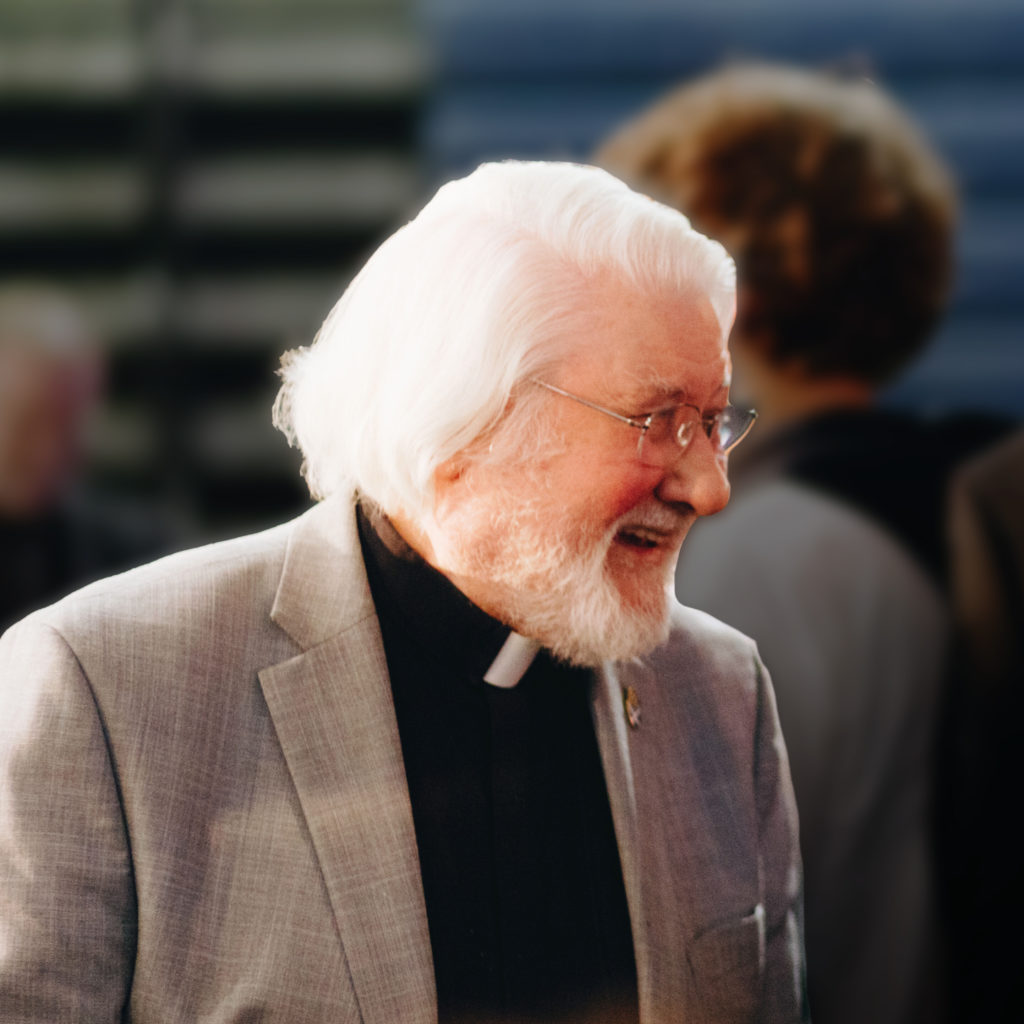Dear Friends and Colleagues,
Recently I re-read a book I had obtained a year ago. Pilgrim Souls by Mary MacIver, the widow of my high school English Teacher, Hector MacIver. The book was published in 1990 as an autobiographical tribute to her late husband who had died in 1966. Mary lived on becoming a well-known Scottish artist until her death at the age of 92 in 2012.
Reading this book, I was made deeply aware of the people who have played a major role in my own life and formation – Hector MacIver was one of these. I studied under Hector from 1953 until 1957 while attending the Royal High School of Edinburgh where he was Head of the English Department. He married Mary, who at that time was an English teacher at another Edinburgh school, in 1958 – a year after I graduated. Although I never knew Mary, her telling of Hector’s and her own story awakened in me a remarkable sense of affinity, despite the passage of so many years and the obvious differences in our relationships with her husband and my teacher.
Hector was a Gael, from the Isle of Lewis in the Hebrides. He served in the Royal Navy during the Second World War and, by the time I encountered him at the Royal High School at the age of 13, had become a notable figure in Scottish and Gaelic letters. Amongst his friends, Hector numbered Dylan Thomas, Louis McNeice, Neil Gunn, Sidney Goodsir Smith, Hugh MacDiarmid and Sir Herbert Grierson – all of whom were famous writers by the time I entered high school. Those of us who had the good fortune to study under Hector were imbued with a love of poetry and literature from a wide range of sources. I remember how we were discouraged from using printed textbooks and anthologies and invited to share Hector’s own vast collection – which exceeded anything then in print. We each developed our own collection of readings and quotations based on their personal appeal to us and their special kind of inspiration.
Looking back to those formative years, I realize that they played a very significant and vital part in my own formation and in my eventual call to ordained ministry. I was ordained to the Priesthood in the same year as Hector’s death – 1966.
Perhaps my ability to be fairly eloquent and engaging in my public speaking – not least in sermons – is due to being involved in drama under Hector’s direction. I played Jennet in Chrstopher Fry’s play’ The Lady’s not for Burning’ in 1954 at Edinburgh’s Gateway Theatre. In 1955/56/57 I participated in the production of a literary magazine called ‘Phaeton’ – developed by the school’s English Department – as a contributor of prose and poetry, along with literary criticism, becoming editor in 1957.
Lest this become a catalog of my own accomplishments, please understand that I cite these experiences as a tribute to someone who,to this day, figures large in my memory as having given me gifts of friendship and influence that have survived and grown over the years.
I wish that there were some way that I could now say to Hector – “see what you did and how it turned out.”
Perhaps I should end as Mary MacIver did by saying simply;
“Sith dhith agad – peace and rest be to thee” and “so Hector’s tale was told” – of which I am so proud and so grateful to have been apart.
“Let us now praise famous men.”
Blessings,
JOHN

